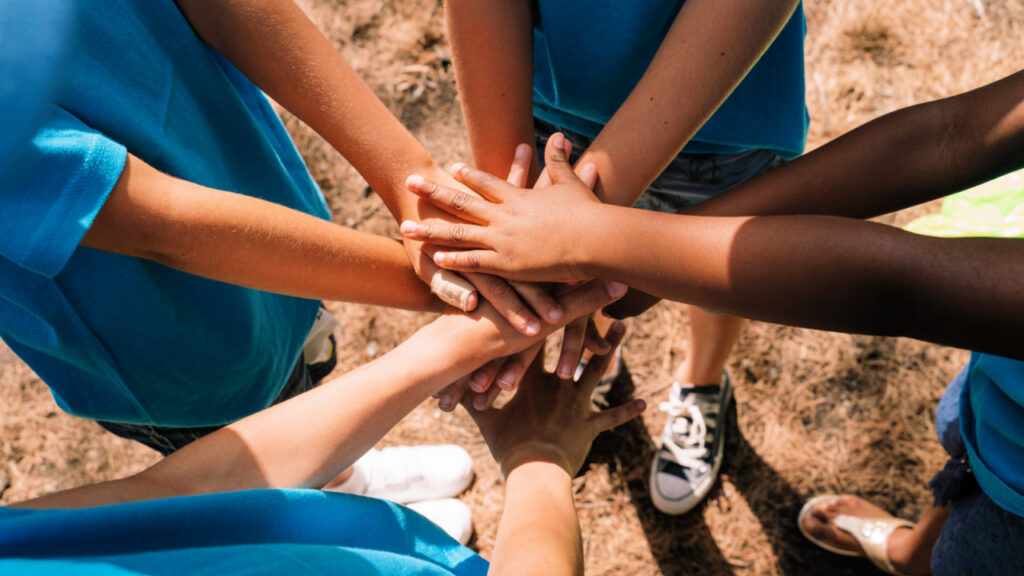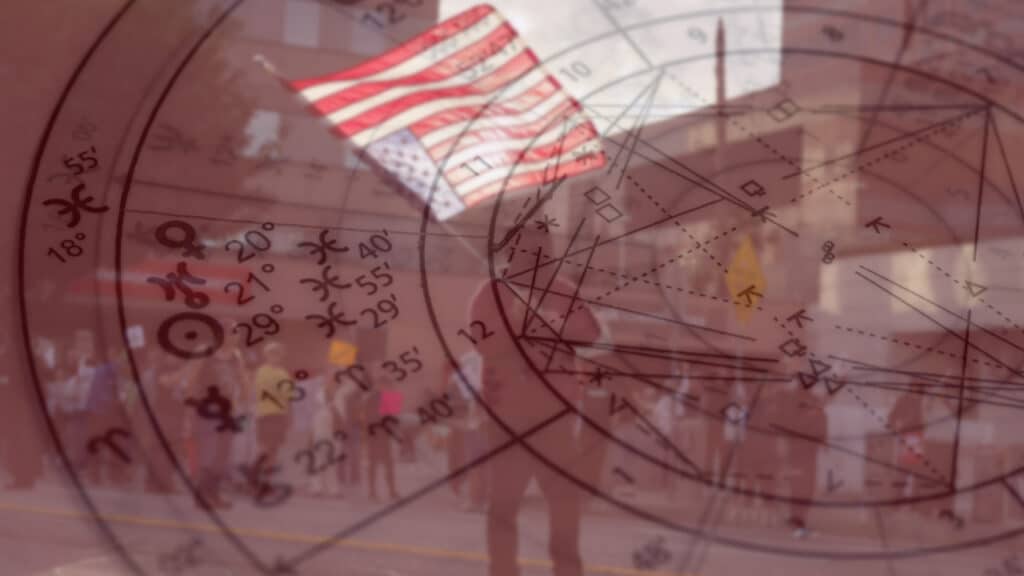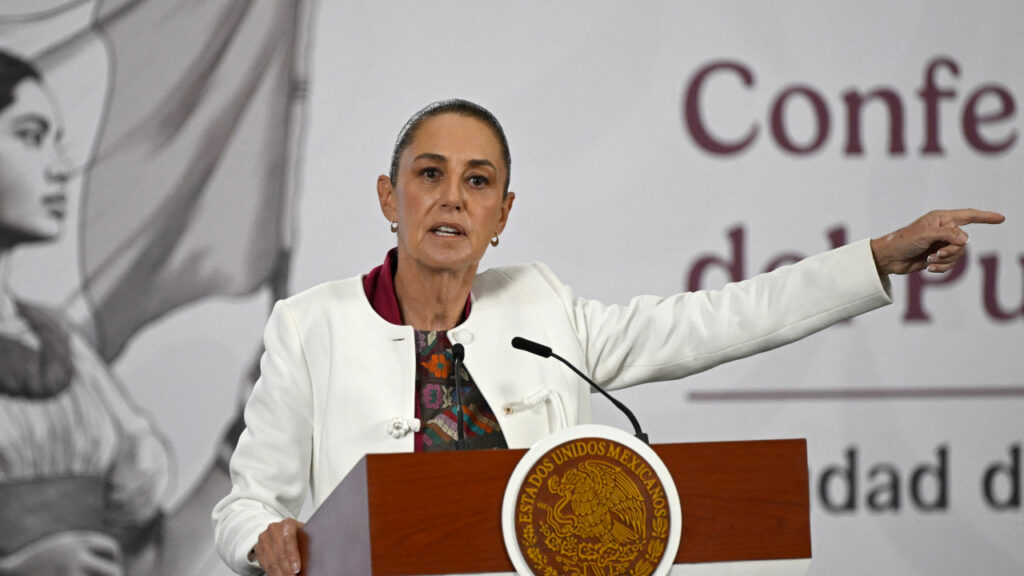
If You Thought Girl Scouts Only Sold Cookies, Think Again. This Girl Scout Troop Brings Hope to Migrant Children Seeking Asylum
A former hotel in downtown Manhattan, New York, is now a scene of hope. Hotel Row is home to some 3,500 immigrants, many of them children. In one room, Girl Scout Troop 6000, in partnership with New York City Health and Hospitals, brings joy to girls from Latin America.
According to NPR, the Girl Scout Troop organizes a weekly activity with the immigrant girls who are among the approximately 180,000 immigrants who have arrived in New York City over the past two years.
These activities are critical because the city government’s 60-day shelter rule remains in effect after the massive influx of immigrants.
“[If] it’s difficult for adults, imagine how hard it is for a child to understand why they are here,” Juliana Alvarez, the volunteer mom leading the troop, told NPR.
Building bonds and sharing stories
During their weekly meetings, the girls share their feelings, make crafts together, and help the immigrant girls forget for a moment the situation they are in.
“If we could have some of the girls meet twice or three times a week and just color together, or sing together or talk about community development together, that is such a win,” Shereen Zaid, Senior director for logistics for New York City Health and Hospitals, told NPR. “They come here with a suitcase or one backpack, and we are trying to help them live an actual fulfilling life.”
How the Girl Scouts’ work offers a circle of support and hope
The idea for these activities grew from the experience of Giselle Burgess, founder of Troop 6000 for families in the NYC shelter system, in her time in a shelter.
Burgess, a single mother of six, created Troop 6000 from scratch after losing her rental home to developers, the “Chronicle of Philanthropy” explained. While living in one of the hotels-turned-family shelters in Queens, she came up with the idea to create a troop for girls like her three daughters.
As NPR explained, in 2017, Burgess adapted the Girl Scout curriculum for immigrant girls. She turned cookie sales into math lessons and created maps of New York City so the girls would know their way around their new environment.
Likewise, Girl Scouts earn achievement badges in STEM education, architecture, and community service.
Troop 6000, which has $400,000 in emergency grants, has faced criticism from its donors. But this has not dampened its commitment.
“If it has to do with young girls in New York City, then it’s not political,” said Meridith Maskara, CEO of the Girl Scouts of Greater New York. “It’s our job.”
Maskara added that “there are some donors who would prefer their dollars go elsewhere. I am constantly being asked: Don’t you find this a little too political?” But to the surprise of many, upon seeing Troop 6000’s work, “the donations started pouring in,” Burgess said.
A 2017 story in the New York Times helped generate a groundswell of support and tens of thousands of dollars in cookie sales. That helped the group go from caring for seven girls in a Queens shelter to more than 2,500 scouts and troop leaders in more than 20 temporary shelters across the city, home to about 25,000 scouts.
“Keeping the girls connected is what matters the most for us right now,” said Burgess. “There’s a lot of emotion, frustration, and hurt. We want to be able to encourage the girls and let them know it’s not over,” she added. “We’re still here.”




